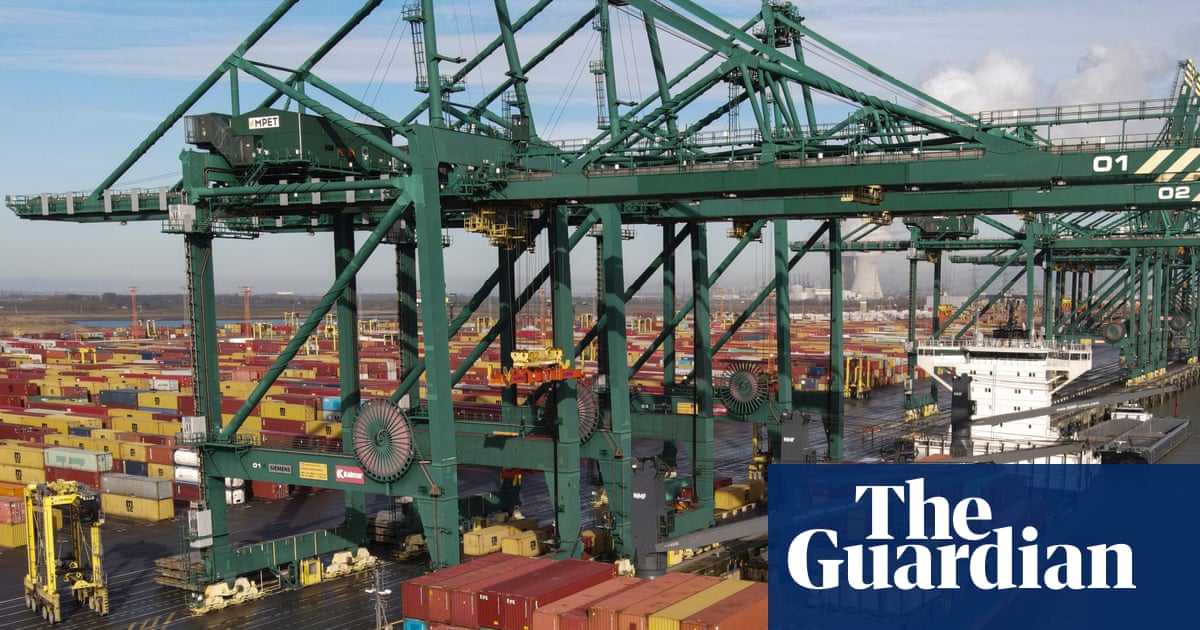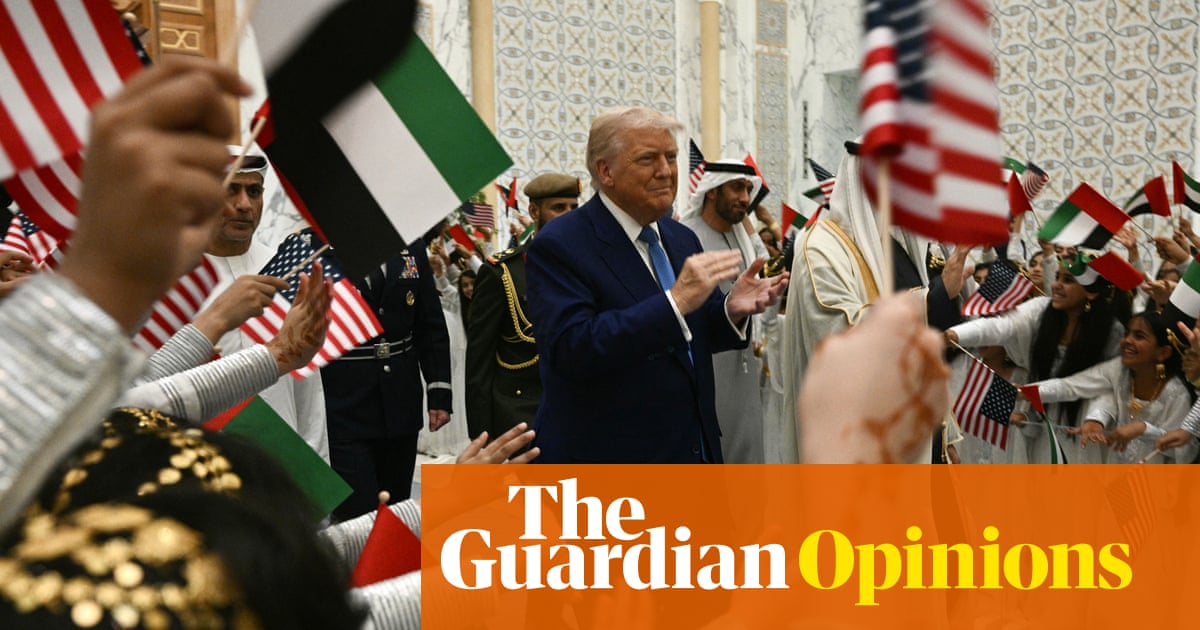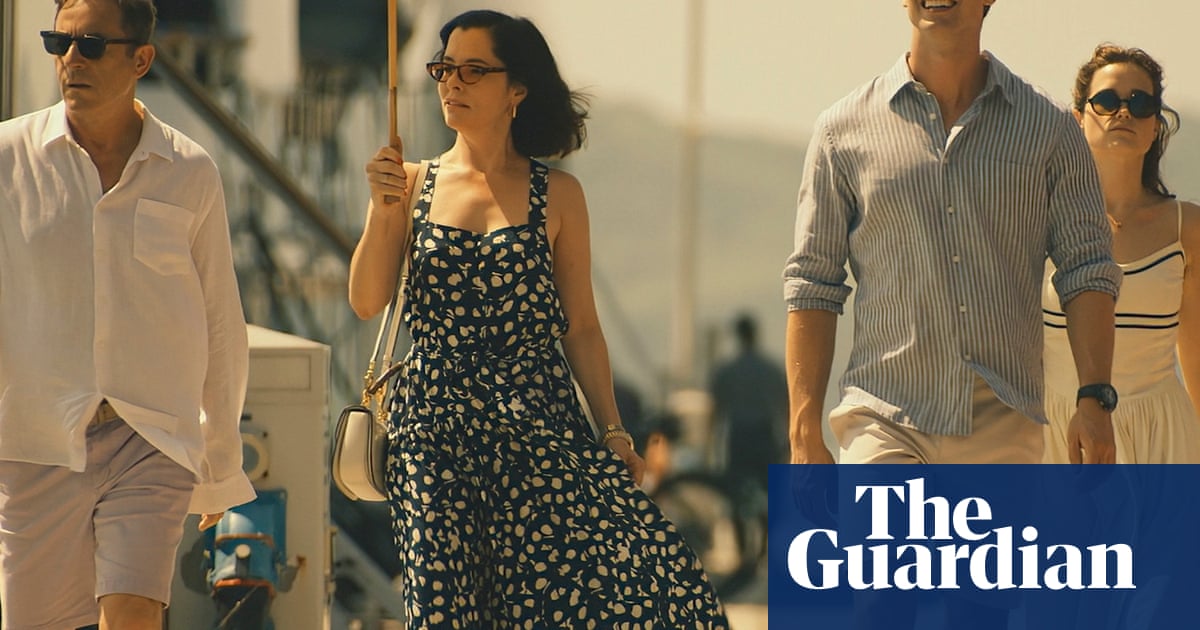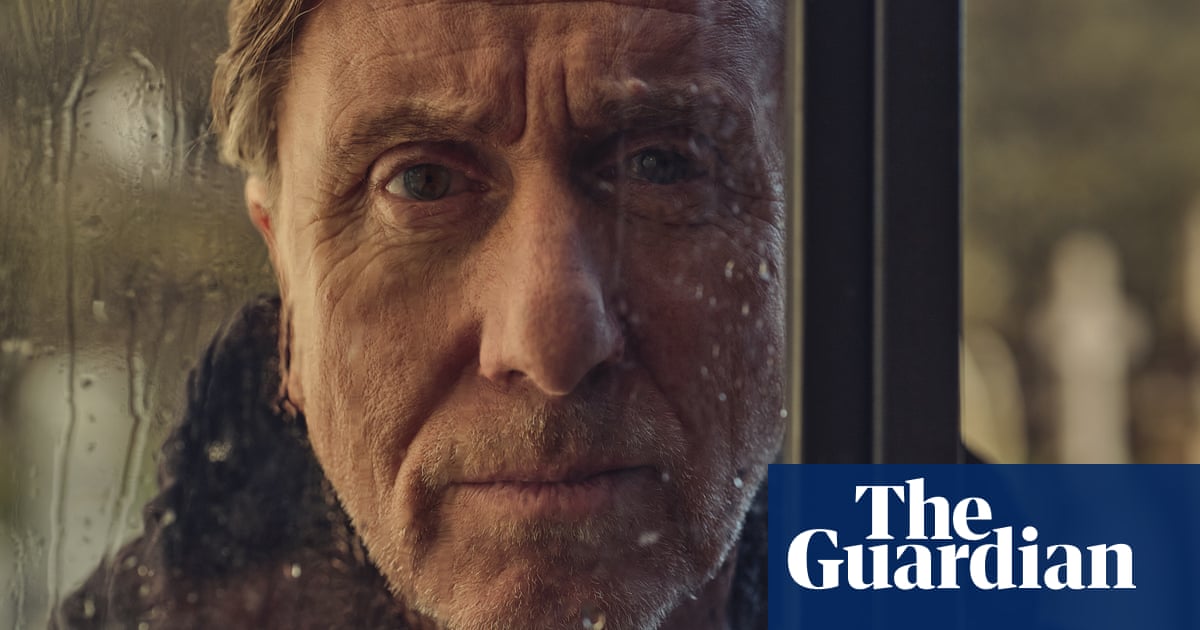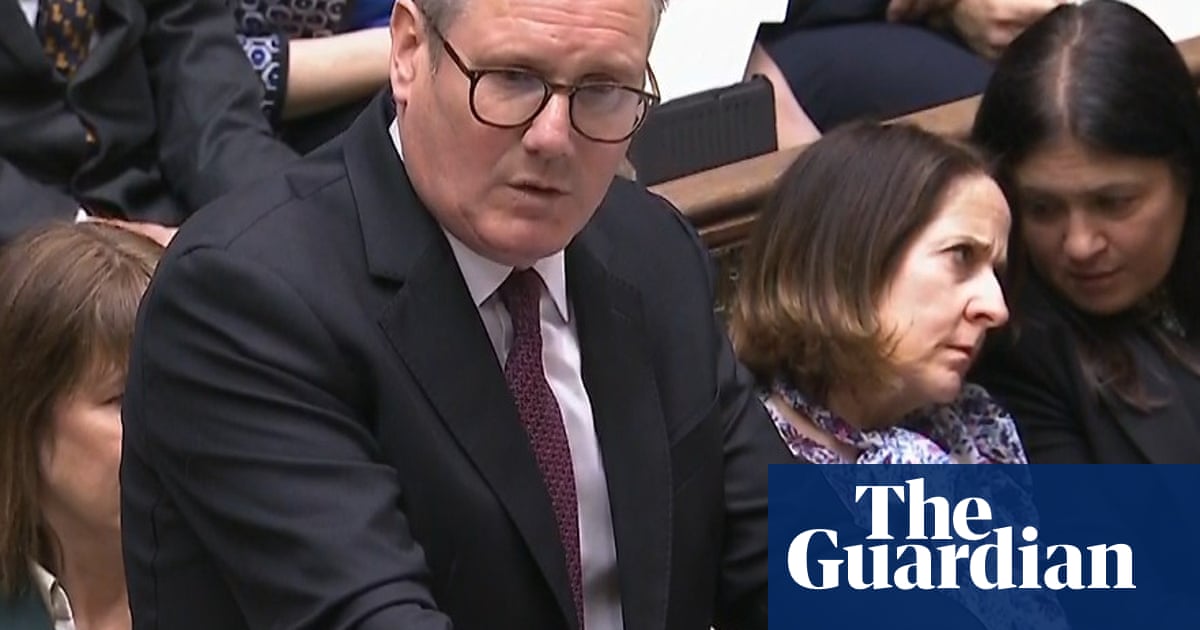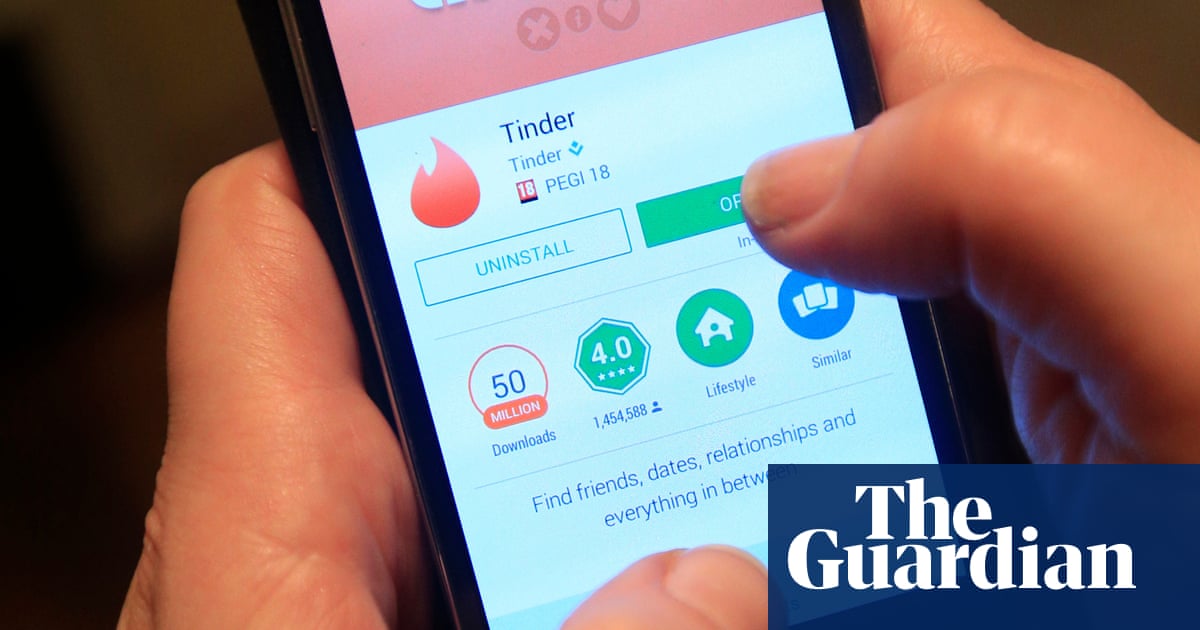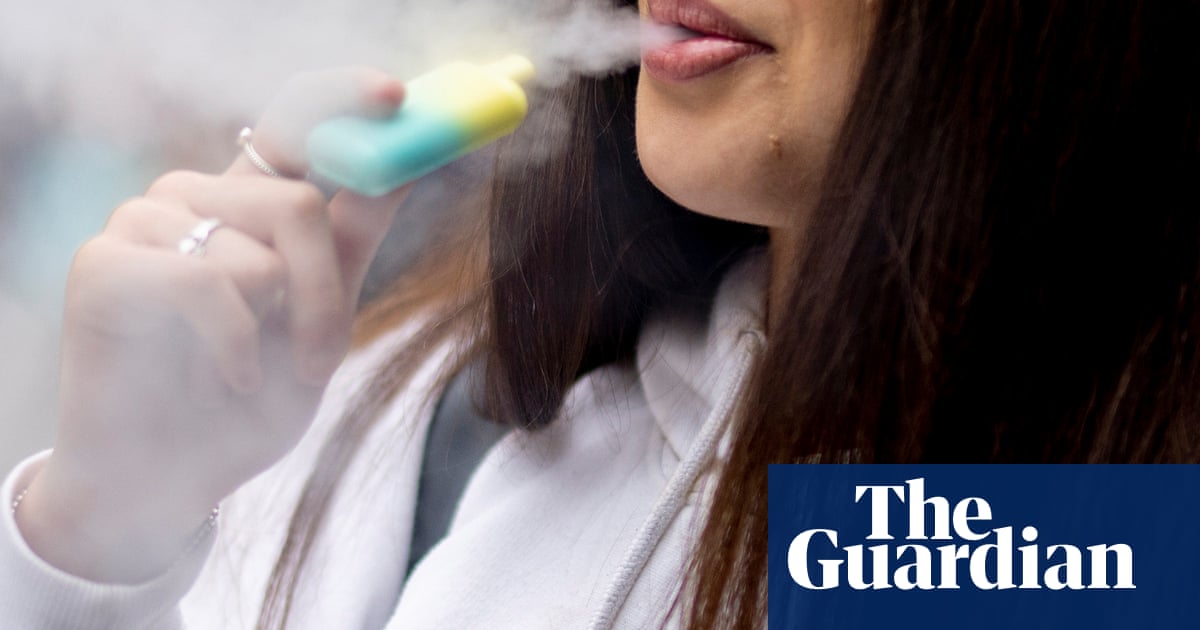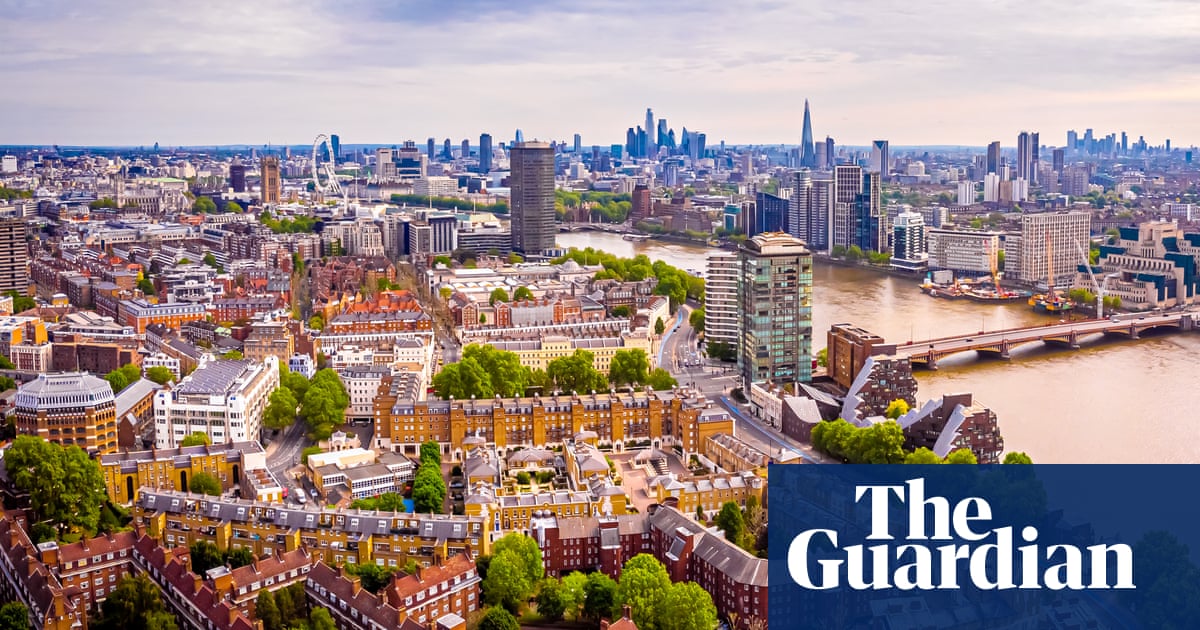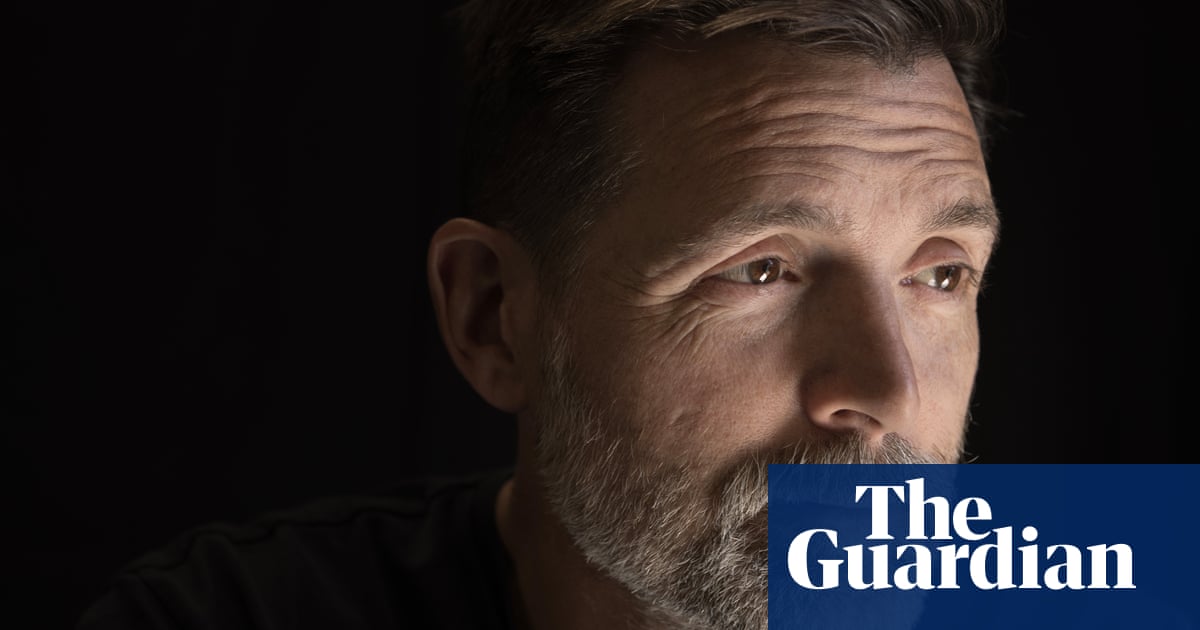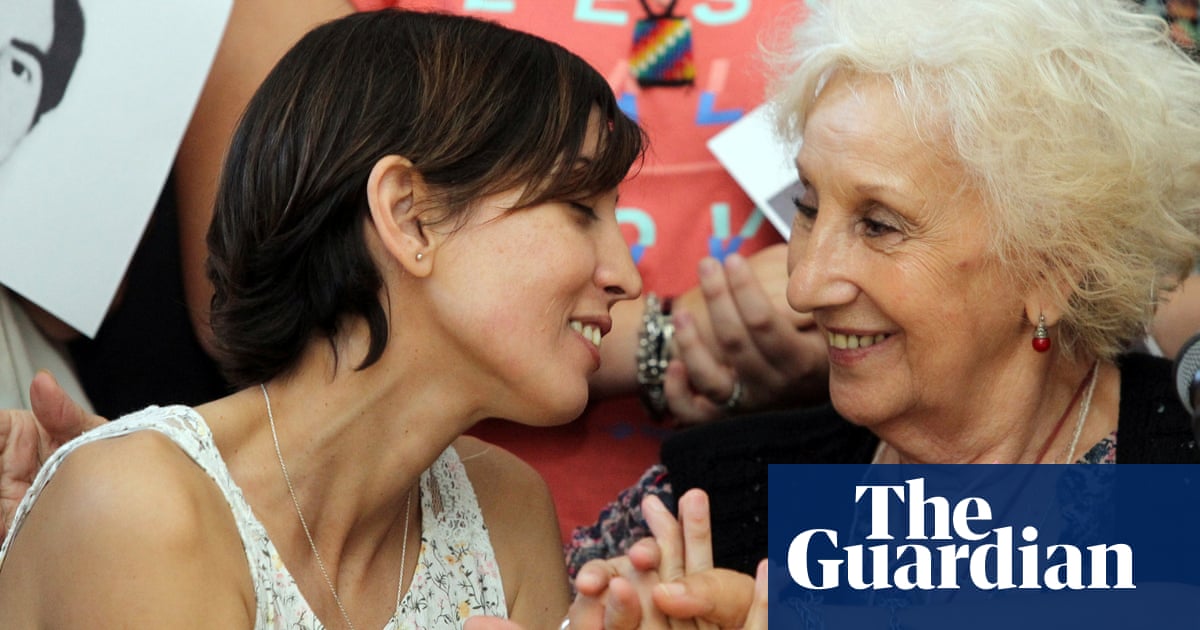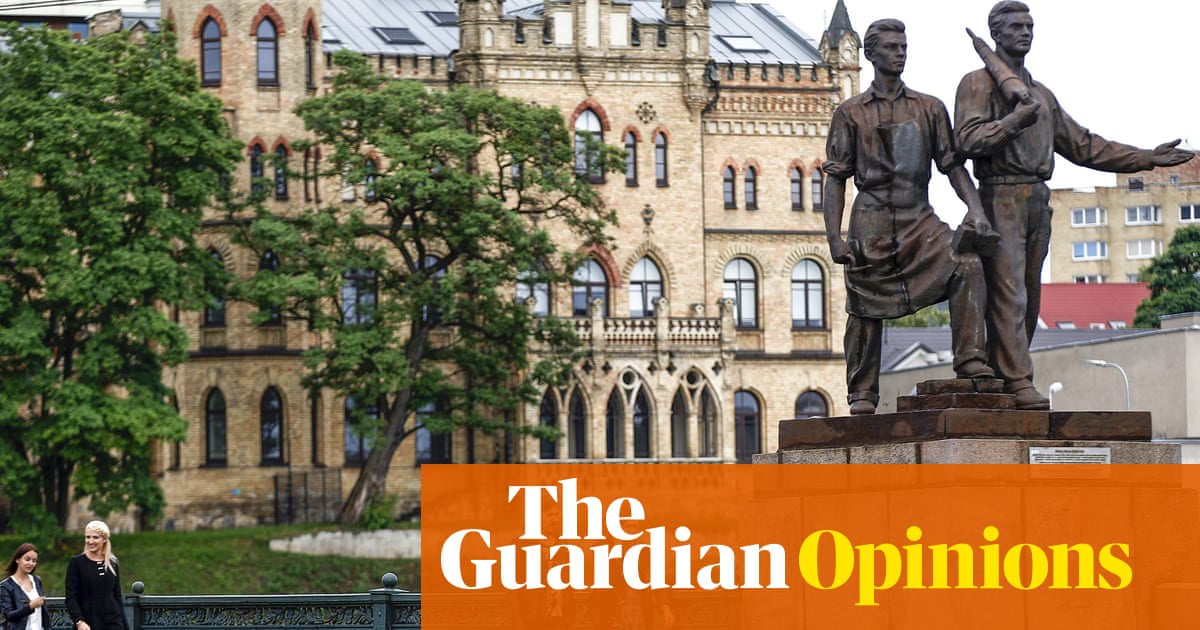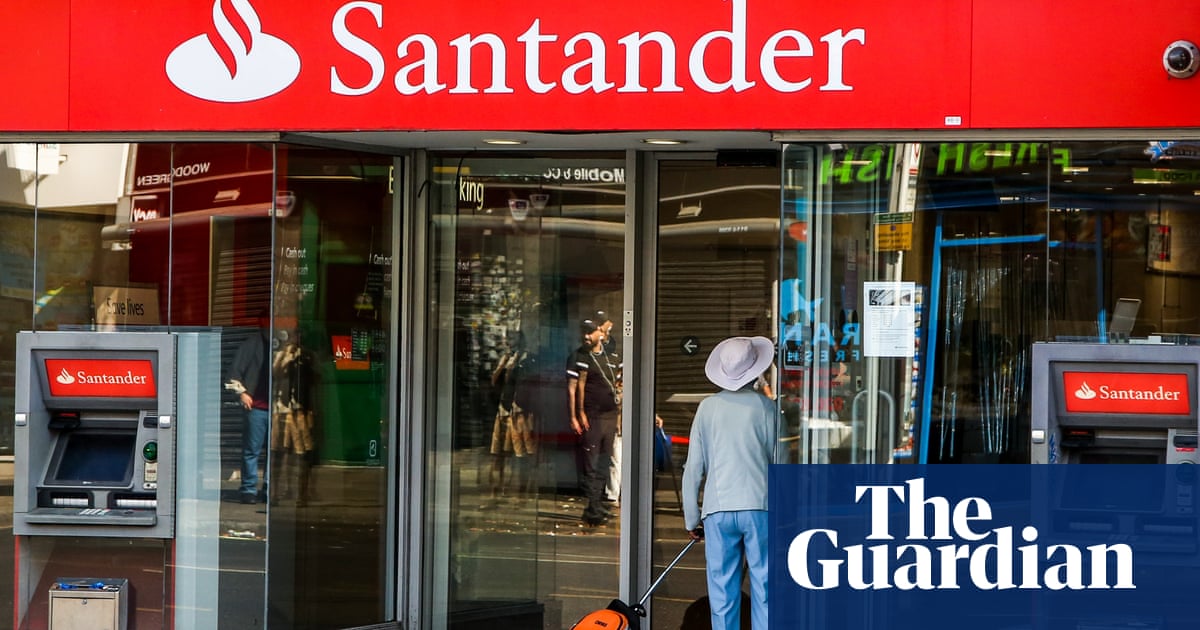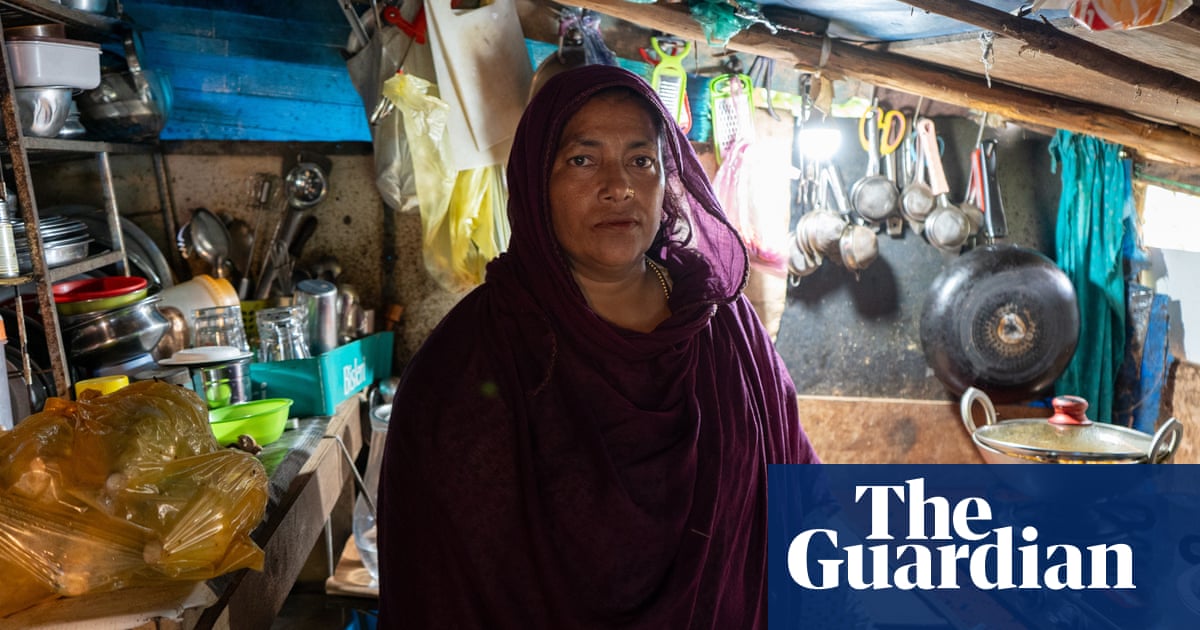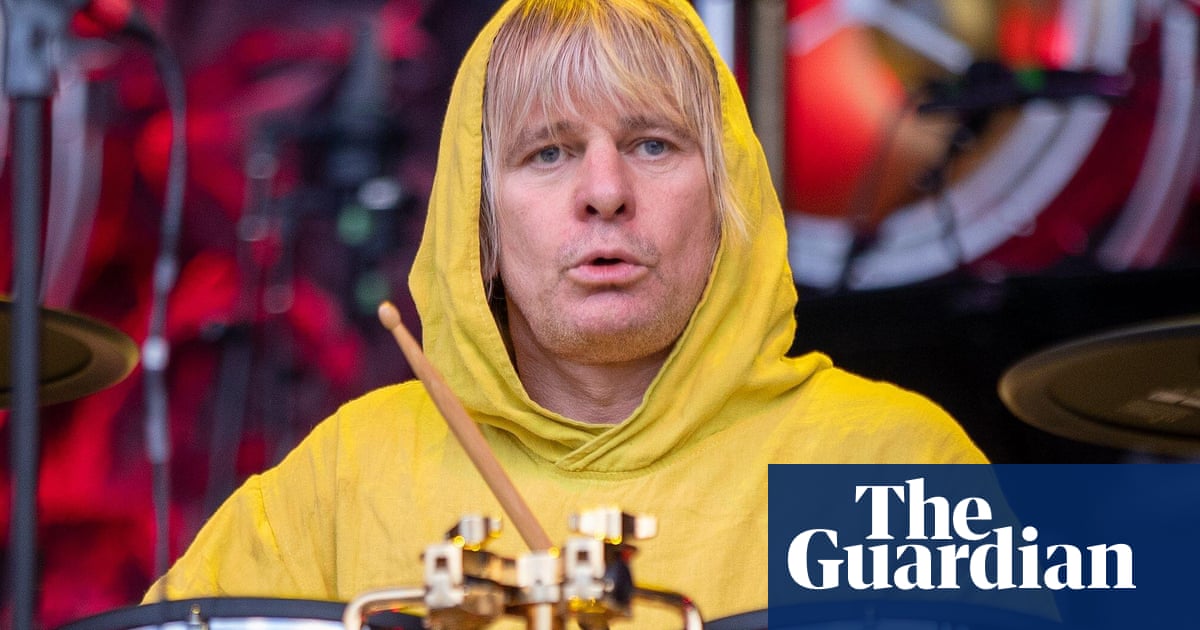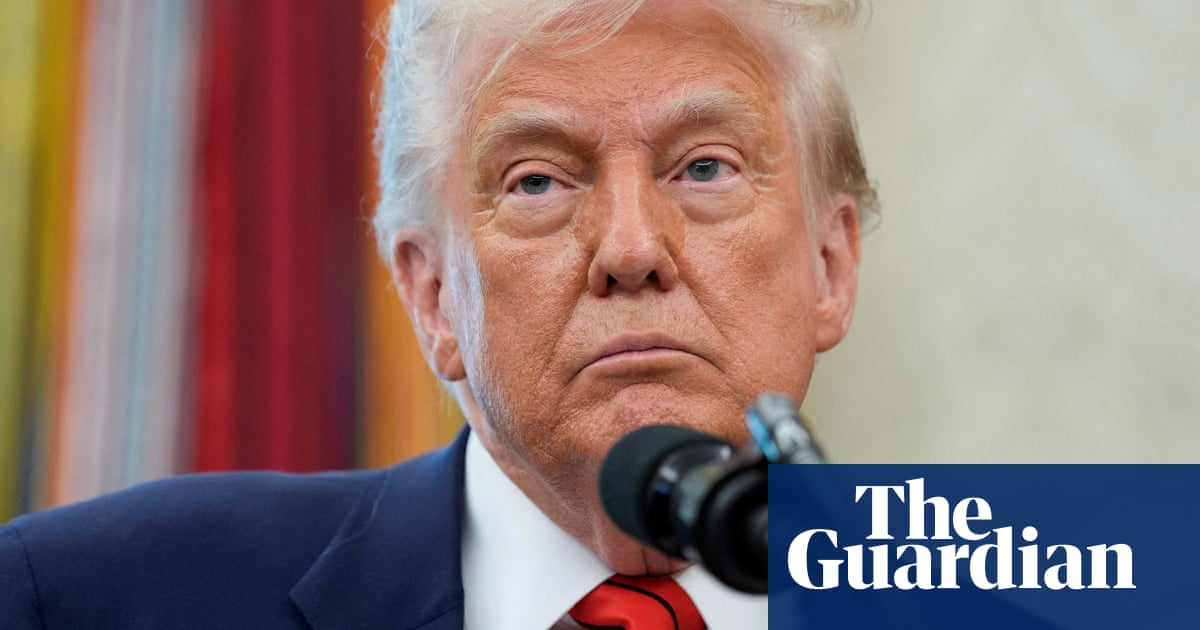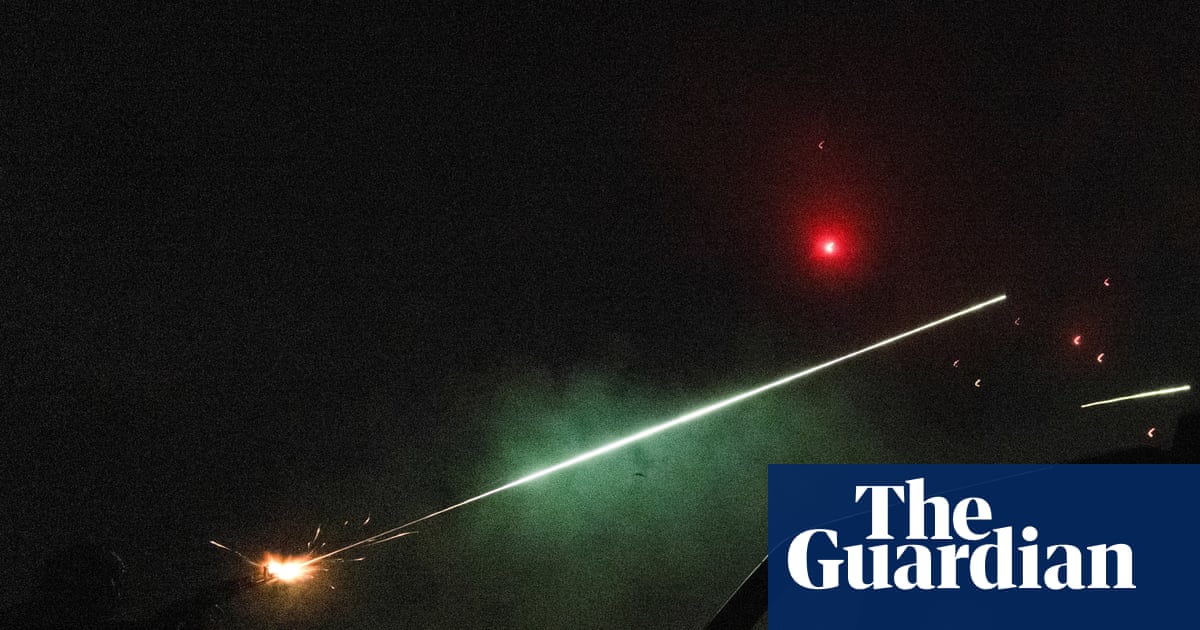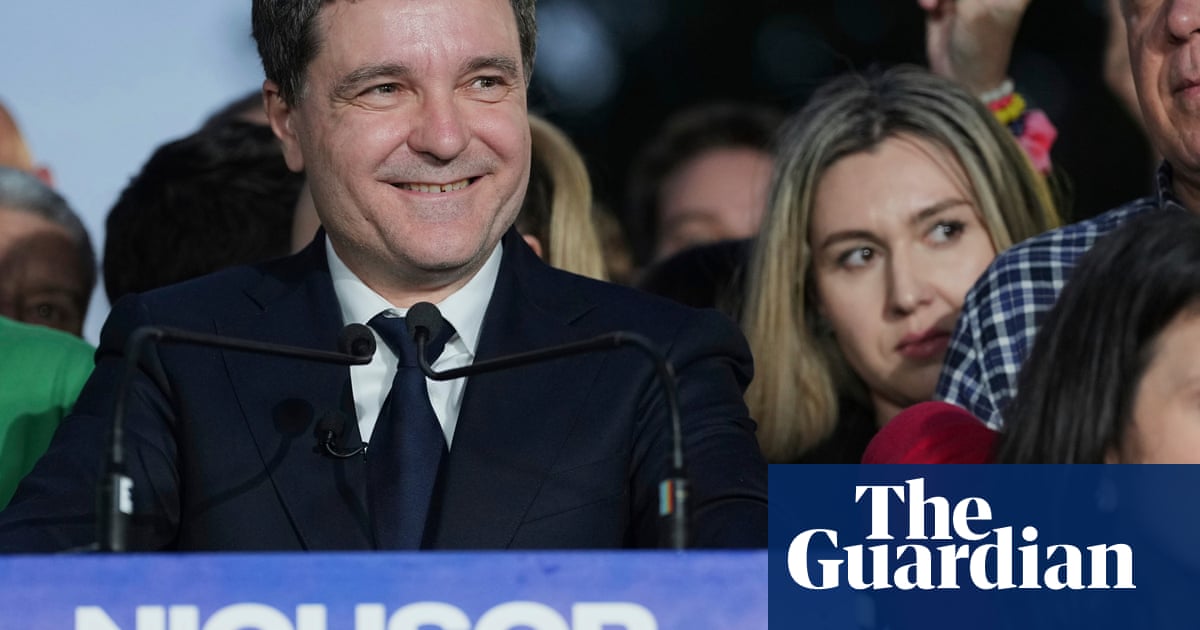For as long as anyone can remember Andry José Hernández Romero was enthralled by the annual Three Kings Day celebrations for which his Venezuelan home town is famed, joining thousands of fellow Christians on the streets of Capacho to remember how the trio of wise men visited baby Jesus bearing gold, frankincense and myrrh.
At age seven, Andry became a Mini King, as members of the town’s youth drama group Los Mini Reyes were known. Later in life, he tattooed two crowns on his wrists to memorialise those carnival-like Epiphany commemorations and his Catholic roots.
“Most Capacheros get crown tattoos, often adding the name of their father or mother. We’ve lots of people with these tattoos – it’s a tradition that began in 1917,” said Miguel Chacón, the president of Capacho’s Three Kings Day foundation.
The Latin American tradition appears to have been lost on the US immigration officers who detained Hernández, a 31-year-old makeup artist, hairdresser and theatre lover, after he crossed the southern border last August to attend a prearranged asylum appointment in San Diego.
Hernández, who is gay, told agents he was fleeing persecution stemming from his sexual orientation and political views. Just weeks earlier, Venezuela’s authoritarian leader, Nicolás Maduro, had unleashed a ferocious crackdown after being accused of stealing the presidential election to extend his 12-year rule.
But Hernández’s tattoos were deemed proof he was a member of Venezuela’s most notorious gang, the Tren de Aragua, and a “security threat” to the US.

“Detainee Hernandez ports tattoos ‘crowns’ that are consistent with those of a Tren de Aragua member,” an agent at California’s Otay Mesa detention centre claimed, according to court documents published this week.
Those 16 words appear to have sealed the fate of the young Venezuelan stylist, who friends, family and lawyers say has never committed a crime.
On 15 March, after more than six months in custody, Hernández was one of scores of Venezuelans flown from Texas to a maximum security prison in El Salvador as part of Donald Trump’s mass deportation campaign. To the horror of their relatives, some detainees were paraded before the cameras and filmed being manhandled by guards and having their heads shaved before being bundled into cells.
“Let my son go. Review his case file. He is not a gang member,” Hernández’s mother, Alexis Dolores Romero de Hernández, pleaded as she came to terms with her son’s disappearance into the notorious Central American “terrorism confinement centre”, known by the Spanish acronym Cecot.
“Everyone has these crowns, many people. But that doesn’t mean they’re involved in the Tren de Aragua … He’s never had problems with the law,” said Hernández, 65, who has not heard from her son since he called on the eve of his transfer to let her know – incorrectly – that he was being deported to Venezuela.

“We know nothing. They say nothing. They give no information. That’s the trauma – not knowing anything about these young men, especially mine,” Alexis Hernández complained.
Her son’s plight has caused outrage in Táchira, the western state where he grew up, with people packing Capacho’s picturesque 19th-century church, San Pedro de la Independencia, to demand his freedom.
“We’re talking about someone who has been part of Capacho’s Three Kings Day celebrations for 23 years,” said Chacón, who is leading the campaign. “That’s why I’m doing everything I can to get this young man released. He is completely innocent.”
Krisbel Vásquez, 29, a manicurist, denied her “calm, kind and humble” childhood friend was a villain. “I’ve known him all my life. He doesn’t bother anyone,” Vásquez said, urging Trump and El Salvador’s president, Nayib Bukele, to backtrack.
Xiomara Ramírez, 57, said her son had grown up with Hernández, with the pair doing homework together at her house. “I wonder why so much injustice. Why doesn’t the US give good people like Andry opportunities?” Ramírez asked.
Melissa Shepard, an attorney from the California-based Immigrant Defenders Law Center, representing Andry, was perplexed that her “very sweet, kind and thoughtful” client had been incarcerated in “one of the worst places in the world.
“The fact that this administration has taken somebody who is so vulnerable and put them into such a terrifying situation has just been horrific. We fear that if it can happen to him, it can happen to anyone,” she said.

Growing indignation over Hernández’s plight, and that of other apparently innocent Venezuelans deported to El Salvador on the basis of their tattoos, is spreading to unexpected places.
“It’s horrific,” Joe Rogan, a Trump-endorsing podcaster, said on his latest show. Rogan supported Trump’s offensive against Venezuelan “criminals” the president claimed terrorised the US. “But let’s not [let] innocent gay hairdressers get lumped up with the gangs,” he said, asking: “How long before that guy can get out? Can we figure out how to get them out? Is there any plan in place to alert the authorities that they’ve made a horrible mistake and correct it?”
But the Trump administration has shown no sign of reconsidering its decision to send so many Venezuelans to El Salvador on the basis of such flimsy evidence.
On Monday, Trump thanked Bukele for receiving another group of alleged Latin American criminals “and giving them such a wonderful place to live!”
Bukele said the deportations were “another step in the fight against terrorism and organised crime”, claiming the 17 detainees were all “confirmed murderers and high-profile offenders”.
The White House press secretary, Karoline Leavitt, bristled when questioned about agents’ use of a “points system” to classify detainees as gang members based on their tattoos or attire. “Shame on you and shame on the mainstream media for trying to cover for these [criminal] individuals,” she replied, claiming “a litany of criteria” was used to correctly identify “foreign terrorists” or “illegal criminal aliens” for removal.

Shepard questioned the administration’s assertion that detainees such as Hernández were being “removed”. “He has been disappeared,” she said. “I know the government tries to use the language that he was ‘removed’ [but] … he has absolutely been disappeared.”
Thousands of miles away in Capacho, Hernández’s mother spoke sorrowfully of how her son had decided, against his family’s wishes, to abandon their economically damaged country last May and make the perilous journey north through the Darién jungles between Colombia and Panama. “He left because he wanted to help us … and to fulfil his dream,” Hernández said, adding: “Now the reality is different.”
On a recent evening, she and hundreds of protesters filled the San Pedro church for their latest vigil in support of Hernández. The crowd included three men dressed as the Three Kings, who wore theatrical beards and diadems dotted with fake jewels and carried plaques bearing the words: Conscience, Justice and Freedom.
“We, his family, and the entire town vouch for [Hernández’s] innocence. It’s not possible that in Capacho having a crown tattoo is a symbol of pride, but for him, it makes him a criminal,” Chacón said, appealing directly to the presidents of the US and El Salvador.
“I know Trump is a good man and Bukele is a good man,” Chacón said. “But it cannot be that they have sent this young man to prison. There must be many others like him.”

.png) 1 month ago
29
1 month ago
29

